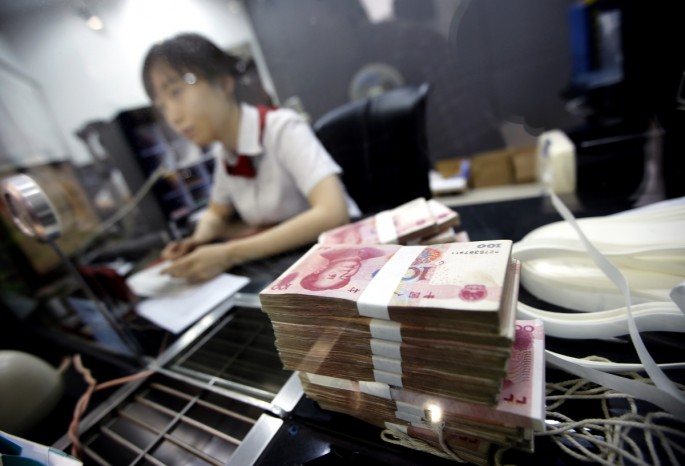Central banks worldwide are combating inflation by easing monetary policy and weakening their currencies, but analysts say the real threat is with China throwing its hat in the ring.
"The three trillion dollar question is whether the People's Bank of China (PBoC) will allow the yuan to depreciate and export their own disinflation to the rest of the world, setting off a series of competitive devaluations in the region," Nicholas Ferres, investment director at Eastspring Investment, told U.S.-based CNBC News on Friday.
Twenty-four central banks have already eased monetary policy this year following slowing economic growth and deflationary pressure as oil prices reach near six-year lows. In February, the PBoC slashed the one-year deposit rate from 25 basis points to just 5.35 percent.
For now, the Chinese government keeps the yuan on a tight daily training band against the U.N. To date, the yuan lost just 0.9 percent to the dollar this year; in comparison, the dollar rose 3.3 percent against South Korea's won and 4.2 percent against the Singapore dollar.
However, the euro's nearly 12-percent decline against the dollar this year "will likely put more pressure on China to devalue the yuan" and could "signal that China is joining the currency war," David Woo, an FX and Rates strategist with Bank of America Merrill Lynch, said to the press on Monday.
"[This is] the biggest tail risk of 2015," he added.
As China marks its 2015 growth targets at around 7 percent, which is lower than 7.5 percent of the previous year's target, the world's second largest economy still retains its robust trade surplus.
But analysts warn that the country's surplus is undercut by a collapse in growth, which is a likely sign that the domestic economy is losing its legs.
"On face value, the robust trade surplus diminishes the case for a depreciation of the Chinese yuan," said Ferres. "However, if extremely weak domestic growth eventually leads to a rise in unemployment, my sense is that the PBoC would allow the currency to depreciate."
Woo also noted that a weak domestic growth would lead to a domino effect.
"If everyone else is pushing their currencies weaker and you don't, you will end up with a strong currency that will come at the expense of your competitiveness," he said.



























